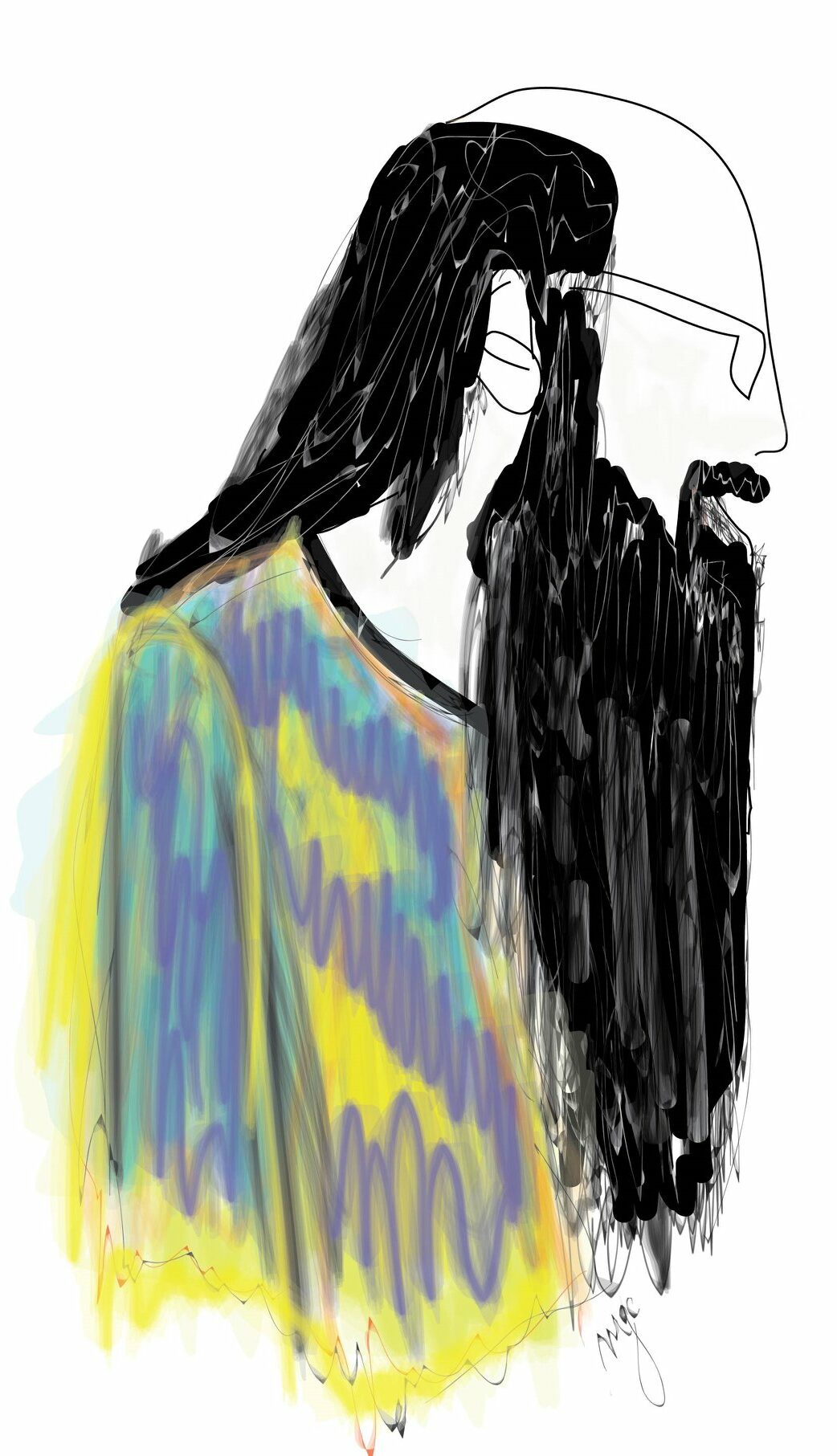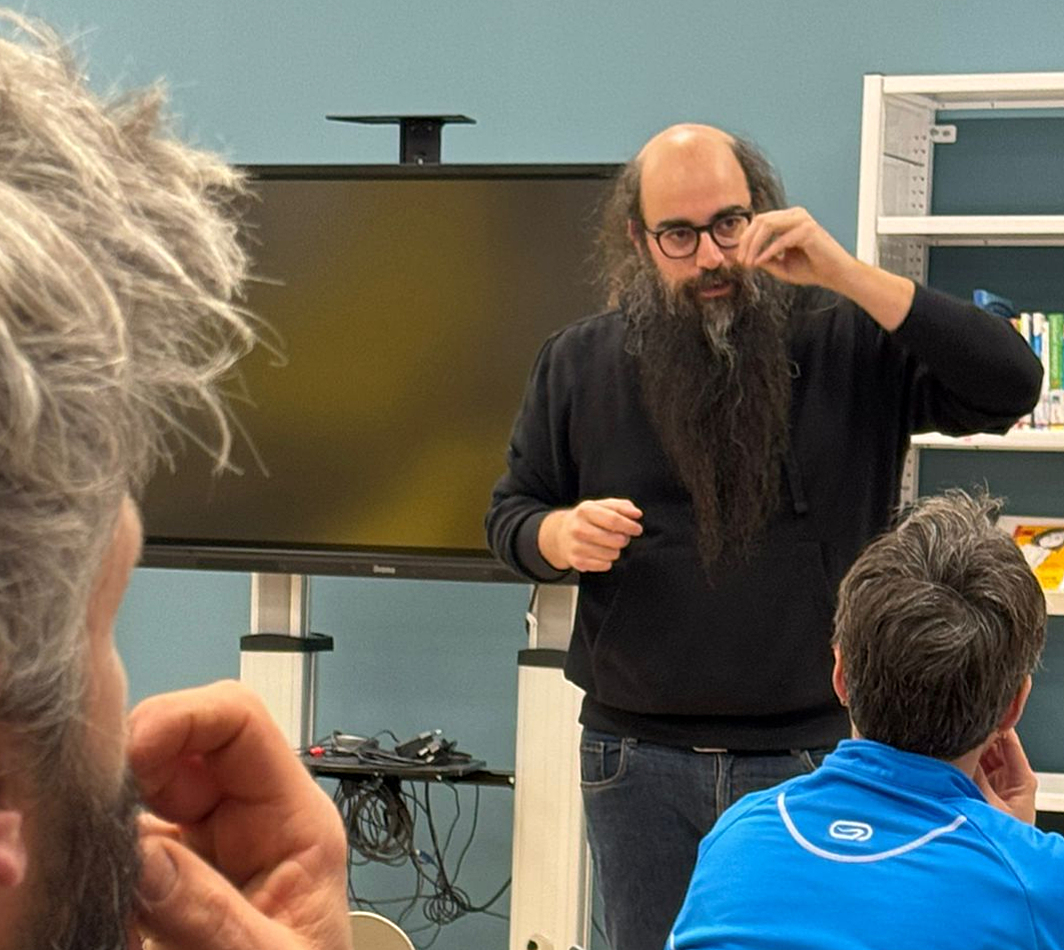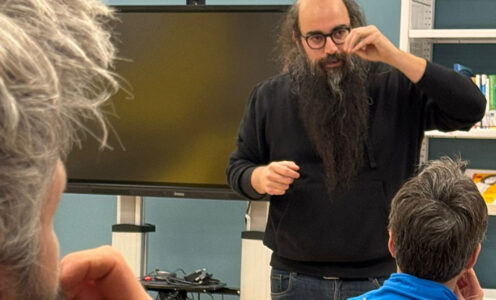Una nota sulla φαντασία
di Massimo Gerardo Carrese. Manifesto “Per Disvelare“, 04/03/2023
La parola φαντασία (phantasia) è legata a φαίνω (phàinō) che vuol dire ‘mostrare’, ‘rendere manifesto’, ‘sembrare’, ‘apparire’, ‘rivelare’. La φαντασία ausculta possibilità, cioè opportunità da svelare, quando mette in relazione, in certi modi, le cose del mondo e le nostre conoscenze. Lavora con le possibilità essenzialmente in tre maniere, suggerite dai significati richiamati poc’anzi: per apparizione, quando le riflessioni, per esempio una metafora su un battello a vapore, trovano spazio solo nella nostra testa; per sembianza, quando facciamo finta che una penna sia un battello a vapore e la animiamo; per dimostrazione, quando siamo in grado di provare, secondo una logica oggettiva, che quella stessa penna sia anche un battello a vapore.
‘Anche’ è possibilità, relazione, congiunzione.
La φαντασία, da apprendere insieme all’εἰκασία (eikasia: immaginazione), si muove in vasti campi e contesti storici, databili dal V secolo p.e.v., per cui non disponiamo di una sola sua definizione. Questo ci rende le cose complicate e al tempo affascinanti perché possiamo analizzarla da più punti di vista.
La fantasiologia che studiamo dal 2001, individua i processi scientifici e umanistici, ludici e artistici che qualificano la φαντασία, affinché sia esercizio di disvelamento e apertura a nuove possibilità di fare relazione.
What is Fantasiology?
The word φαντασία (phantasia) is related to φαίνω (phàinō), which means ‘to show’, ‘to manifest’, ‘to appear’, ‘to reveal’. The φαντασία auscultates possibilities, i.e. opportunities to be revealed, when it relates in some way to the things of the world and our knowledge. It works with possibilities in essentially three ways, suggested by the meanings recalled earlier: by apparition, when reflections, e.g. a metaphor about a steamboat, find space only in our minds; by semblance, when we pretend that a pen is a steamboat and animate it; by demonstration, when we are able to prove, according to objective logic, that the same pen is also a steamboat. ‘Also’ is a possibility, a relation, a conjunction. The word φαντασία, to be learned together with εἰκασία (eikasia: imagination), moves in vast fields and historical contexts, dating from the fifth century B.C., so that we do not have a single definition of it. Fantasiology, which we have been studying since 2001, identifies the scientific and humanistic, playful and artistic processes that qualify φαντασία, so that it can be an exercise in unveiling and opening up new possibilities for making relations.
Massimo Gerardo Carrese, Una nota sulla φαντασία, “Per Disvelare” 04/03/2023. Translated by M. G. Carrese


